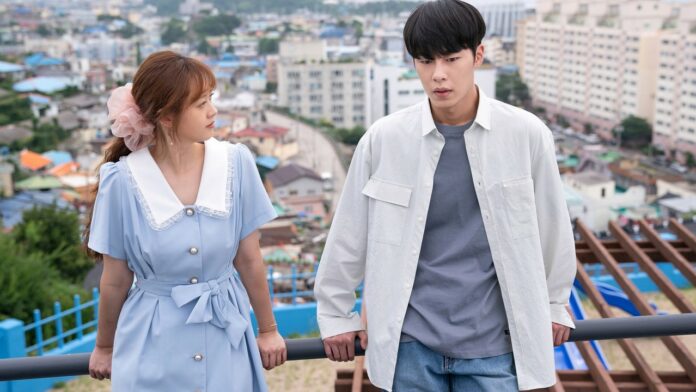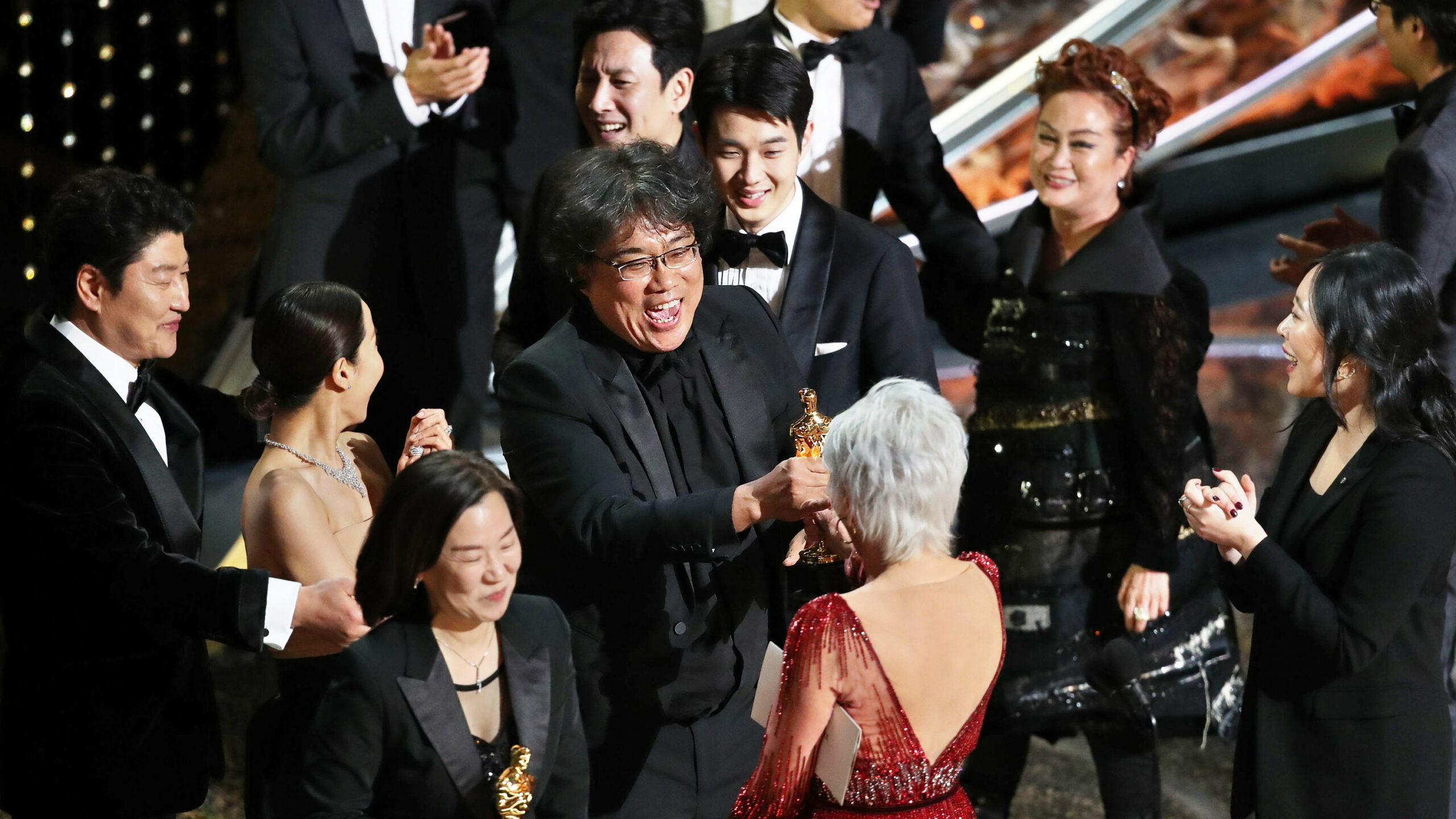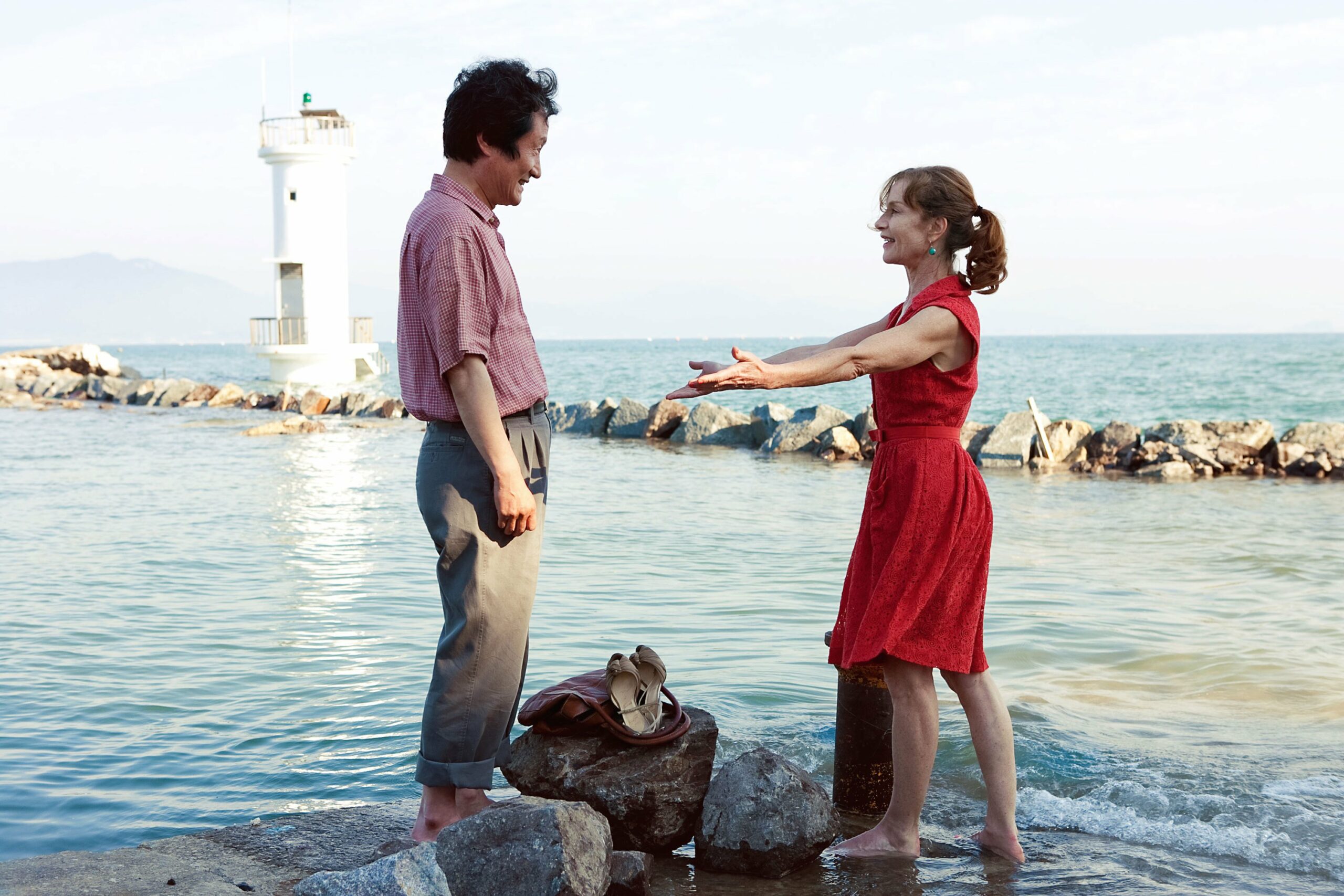By George Angelakis,
If you are a Netflix addict such as myself, you have probably watched a couple of series that were not produced in an English-speaking country. There are many great series in French, Italian and even Polish that are definitely worth watching. As I was delving deeper and deeper into the rabbit hole that is non-English TV Series I discovered a whole new world; that of Korean series. At first, I was a bit skeptical, and still am, as to if they are actually any good or worth watching. What troubled me, though, was that at first, I could not really pinpoint why I was not so keen on these series. So I started paying more attention to the direction, screenplay and cinematography. It was at this moment that I discovered how “liquefied” the direction was, how fast-paced yet ignorant of European “rules” the screenplay was and how amateurish the cinematography was.
Honestly, I felt like the camera was always standing on a slippery slope. I have deliberately watched a few episodes from a couple of different K-Dramas with the sole purpose of trying to count what was the longest time that the camera just… stood there. 5 seconds. That’s it. I understand that what they are trying to achieve is keep us on our toes and enhance the action, but honestly, this is not the way. The only thing that this direction made me feel was motion sickness. Personally, I am a fan of not changing the shot unless you have to, so it only makes sense that I would not enjoy the constant volplaning of the camera. Another thing that striked me as odd, was how similar all shows looked in terms of direction. No matter how hard I searched, I could not find a show that would not follow the same strategy.
Let me be crystal clear: I am not shaming Korean directors or film schools that teach this kind of filmmaking, I am just pointing out why, in my opinion, it’s such a niche genre. People can still like it, that is fine by me but we all have seen what happened when for just once, an accredited Korean director, notably Bong Joon Ho, steered away from the national philosophy of direction. We got Parasite (2019), which is, in my opinion, one of the best movies of the last decade.
What confuses me though is that his entire filmography steers away from the traditional Korean style of direction. Yet still, all of Bong Joon Ho’s movies are among the highest-grossing films in South Korea, with Parasite also being the highest-grossing South Korean film in history. So which is it? Do Koreans actually enjoy their dramas, made in a Korean way or are they just used to them and are open to differentiations in terms of style of direction? The answer is probably much more complicated than a simple yes or no and more of a topic for another time.
One may argue, though, that I am mostly focusing on Korean TV series, mainly made by half-baked directors with an inadequate know-how, but that is not the case. Hong San-soo for example is considered the Korean Woody Allen. Except he is not. I am not sure if “copycat” is too harsh of a characterization but if you have watched In another country (2012), directed by San-soo, I am sure you will agree with me. He tries too hard to implement the peculiar style of Woody Allen while staying true to his nation’s filmmaking strategies, creating such an awkward result that honestly baffles me how it can be considered any good by so many people.
In the very end though, it is all about taste. It may be that I am more acquainted with European and American cinema, it may be that I am used to lengthy, wide, stable shots in films instead of a constantly moving camera. If there is a message to take away from all this, is that implementing European characteristics in Asian movies, or vice versa, does not work at all… well except if your name is Quentin Tarantino.






